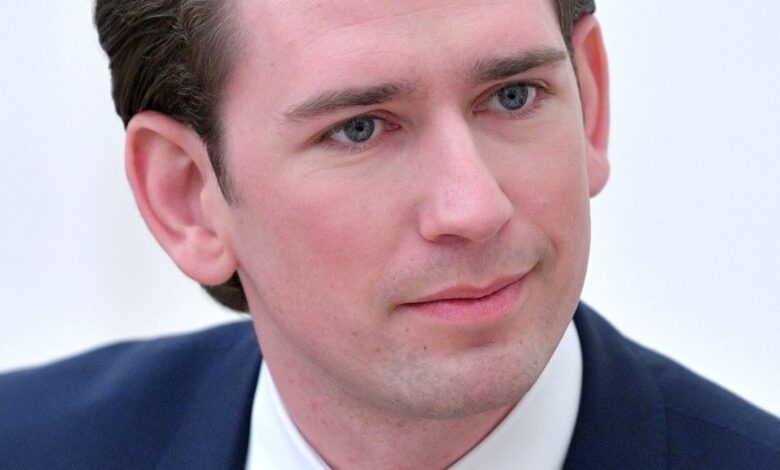Sebastian Kurz: Former Chancellor of Austria

Sebastian Kurz, a prominent political figure in Austria and Europe, has made significant contributions to his country’s politics and international relations. Born on August 27, 1986, in Vienna, Kurz’s rise to prominence has been marked by his charismatic leadership, commitment to conservative values, and innovative policies. This essay delves into his life, career, and the impact he had as the former Chancellor of Austria.
Early Life and Education
Sebastian Kurz’s journey to political leadership began with his upbringing and education. He completed his high school education in Vienna and then pursued law studies at the University of Vienna. His academic background laid the foundation for a career in politics that would span both local and international arenas.
Political Ascent
Sebastian Kurz entered politics at a young age, becoming involved in the Austrian People’s Party (ÖVP) and eventually serving as chairman of the Austrian Youth wing of the ÖVP. His youthful charisma and fresh ideas quickly set him apart, earning him recognition and trust among conservative voters.
At the age of 27, Kurz was appointed as Austria’s State Secretary for Integration in 2011, marking his first significant role in government. His work in this role was instrumental in addressing the challenges of immigration and multiculturalism, and it set the stage for his meteoric rise in Austrian politics.
Chancellorship
Kurz’s most significant achievement came when he became the Chancellor of Austria, assuming office on December 18, 2017. His election marked a shift to a younger and more dynamic leadership style in Austrian politics.
During his tenure as Chancellor, Kurz implemented several key policy initiatives. He focused on immigration reform and security, advocating for stricter border controls and limitations on the number of asylum seekers. These policies were popular among the conservative base but also drew criticism from those concerned about the treatment of refugees and immigrants.
Kurz also led Austria in adopting a strong pro-European stance, positioning the country as a bridge builder within the European Union. He played a role in key EU negotiations and discussions on topics like the EU budget, climate change, and the response to the COVID-19 pandemic.
A significant development during Kurz’s leadership was the formation of a coalition government with the Green Party in 2020. This unconventional coalition aimed to strike a balance between conservative values and environmental sustainability.
Resignation and Ongoing Influence
Despite his accomplishments, Kurz’s leadership was not without controversy. In May 2021, he resigned as Chancellor amid allegations of corruption in his party and a parliamentary vote of no confidence. Kurz’s departure marked a tumultuous end to his tenure, leaving questions about his political future.
Nevertheless, Sebastian Kurz’s influence on Austrian and European politics remains significant. His tenure as Chancellor was marked by bold and sometimes polarizing policy decisions, but he succeeded in leaving an indelible mark on Austrian politics. His commitment to conservative principles, strong stance on immigration, and pro-European approach continue to influence the political discourse in Austria.
Conclusion
Sebastian Kurz, the former Chancellor of Austria, is a dynamic and charismatic leader who made a lasting impact on his country’s politics and international relations. His rise to power at a young age and his bold policy initiatives have left a mark on Austria’s political landscape. While his resignation was met with controversy, his influence on the conservative movement and his commitment to the European project continue to shape the political discourse in Austria and beyond. Sebastian Kurz’s career, though marked by highs and lows, serves as a testament to the complexities and challenges of modern European politics.





